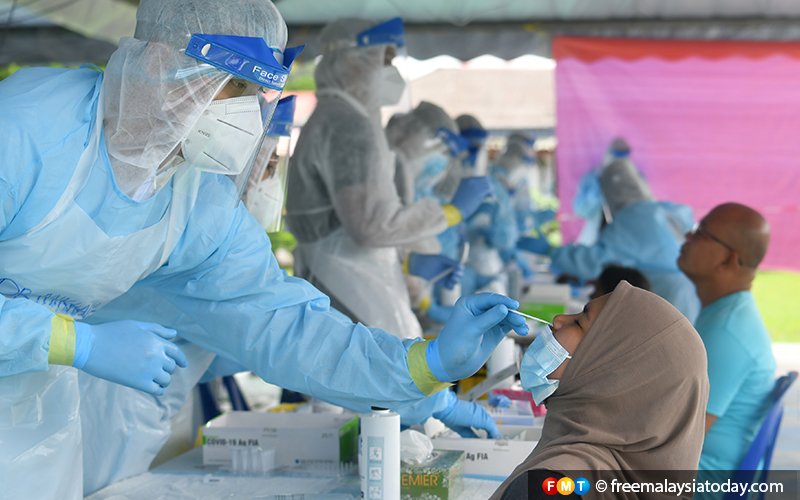
Malaysia was a signatory to the Alma Ata declaration in 1978.
It was the first international declaration underlining the importance of primary healthcare in promoting and protecting the health of all people.
At the 40th anniversary of the Alma Ata declaration in 2018, which was commemorated at the global conference on primary healthcare in Astana, Kazakhstan, world leaders again reaffirmed that strong primary healthcare is essential to achieve universal health coverage.
The World Health Organisation (WHO) has declared that “all roads lead to universal health coverage” (UHC), which means that all individuals and communities receive the health services they need without suffering financial hardship.
The health ministry’s data for the public sector in 2018 showed that there were 1,090 health clinics, 1791 community clinics and 217 mobile health clinics.
In addition, there were 343 1Malaysia clinics (Klinik 1Malaysia) which have since been rebranded as community clinics (Klinik Komuniti).
Comparatively the number of private medical clinics, most of which were general practitioners (GP) clinics stood at 7,718.
These GP clinics serve communities from all socio-economic strata.
They provide affordable and accessible care with many even operating 24 hours.
Frequently they are the main healthcare providers for many local workers and families who have no other choice or immigrants and even undocumented communities.
Malaysia’s dichotomous healthcare system of public and private sector presents a great divide that seems to grow wider by the day.
The current Covid-19 pandemic exposed the gaping divide and how primary and public healthcare responses were mainly led by the public sector, with the 7,000-plus GP clinics nationwide left to their own resources for the most part.
There was minimal involvement of GP clinics in the national responses and as community spread of Covid-19 rages on in primary healthcare, many GP clinics were neither coordinated nor well-prepared.
Middlemen and non-medical entities
Utilising GP clinics for screening and surveillance of Covid-19 cases and collaboration with the public sector would enhance the fight against the pandemic as what’s been implemented in multiple other countries globally.
Instead, with the resurgence of the third wave of the Covid-19 pandemic, increasingly middlemen and other non-medical related entities had jumped on the bandwagon of offering Covi-19 screening tests and even medical supplies.
Universal healthcare includes not only access but the full spectrum of essential, quality health services, from health promotion to prevention and treatment.
The way forward is to include the 7,000-plus health ministry-trained GPs in an integrated and collaborative response to the Covid-19 pandemic and ensuring healthcare for all.
The vital roles GPs can play in the critical areas of high-quality Covid-19 screening, vaccination and surveillance in the current pandemic cannot be repeated often enough.
On the same note, ensuring that commercial or non-medically related entities that may compromise on quality healthcare are not part and parcel of primary care goes a long way towards universal health coverage.
Malaysia’s primary care response to the Covid-19 pandemic and in working towards health for all cannot afford to leave behind the GPs who are an integral part of the healthcare ecosystem for the last half a century.
Dr John Teo is a consultant obstetrician and gynaecologist
The views expressed are those of the writer and do not necessarily reflect those of FMT.


